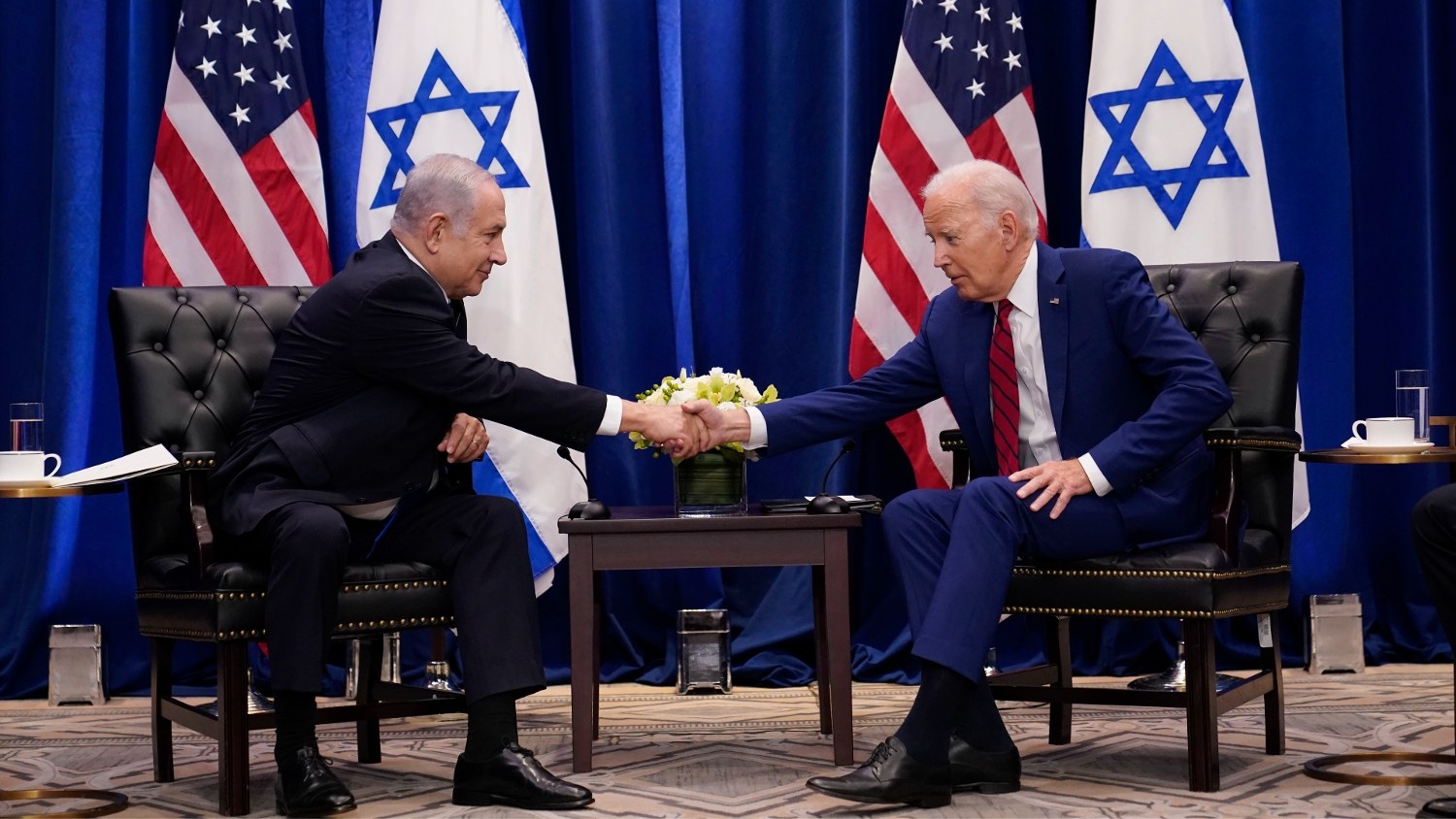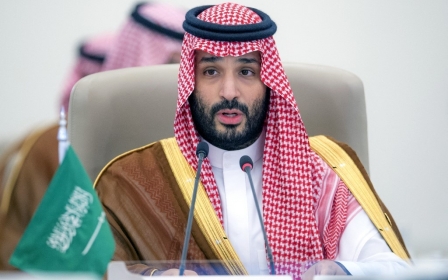Saudi Arabia could enrich uranium in possible Israel normalisation deal: Report

Israel has been secretly working with the US to establish a uranium enrichment operation in Saudi Arabia as part of efforts to strike a normalisation agreement with the kingdom, according to a Wall Street Journal report on Thursday.
Israeli Prime Minister Benjamin Netanyahu has instructed Israeli nuclear and security specialists to cooperate with the US, as Washington explores options to help Saudi Arabia enrich uranium, the report said.
The kingdom says it wants security guarantees from the US, fewer restrictions on arms sales, and some concessions from Israel on the Palestinian conflict. However, its demand for help developing a civilian nuclear programme may be the most contentious.
In an interview with Fox News on Wednesday, Saudi Arabia’s Crown Prince Mohammed Bin Salman stated clearly that his country would try to acquire nuclear weapons if Iran were to develop them.
“If they (Iran) get one, we have to get one,” he said. “For security reason[s] and for balancing power in Middle East. But we don’t want to see that.”
Stay informed with MEE's newsletters
Sign up to get the latest alerts, insights and analysis, starting with Turkey Unpacked
In response to the report, Israeli opposition leader Yair Lapid warned of a "nuclear arms race" in the Middle East, slamming Netanyahu’s government as “reckless and irresponsible”.
“Israel must not agree to any type of uranium enrichment in Saudi Arabia,” he said.
Enriching uranium is a crucial stepping stone on the path to developing nuclear weapons. Iran is the only other Middle Eastern country that has publicly enriched Uranium.
The US and Israel have long targeted Iran's programme - both via economic sanctions and by covert means - to prevent it from obtaining nuclear weapons. Israel is widely understood to have nuclear weapons, but its government refuses to acknowledge it.
US explores self-destructing centrifuges
The Biden administration has been ramping up efforts to convince Riyadh to normalise ties with Israel. Although the two cooperate in economic and security matters, Riyadh was not a party to the 2020 Abraham Accords that saw the UAE, Bahrain and Morocco establish official ties with Israel, although it supported the move, analysts say.
The Biden administration is now floating a plan that would see Saudi Arabia have a US-managed uranium enrichment system, in an effort to entice the kingdom to establish ties. President Biden has yet to sign off on the idea, which is still in its early stages, the WSJ reported.
Although Saudi Arabia wants its own programme, the kingdom is open to having a facility run by the US, the WSJ reports.
The Biden administration is considering a facility which could have remote shutdown systems or internal mechanisms designed to destruct centrifuges at the plant. However, if Saudi Arabia has a physical presence at the facility, it could block attempts to shut it down or disable the mechanism.
Any deal would be a remarkable turnaround for the White House, after President Biden vowed to make Crown Prince Mohammed Bin Salman a "pariah" over human rights issues.
The US requires countries looking to cooperate on nuclear technology to sign a 123 agreement, which bans them from enriching and selling uranium.
In 2009, the US signed a nuclear development deal with the UAE, preventing them from enriching uranium. Saudi Arabia has long sought Washington’s help on its nuclear programme, but has been unsuccessful because of its insistence on enrichment.
Riyadh has been charting a path independent from Washington on foreign policy and has reportedly been floating a Chinese bid to help it build a nuclear power plant, as it seeks leverage with Washington.
Netanyahu discussed Israeli cooperation on the nuclear file with Biden on the sidelines of the UN General Assembly on Wednesday. If he backs enrichment, it would put him at odds with other members of his government. In June, Israel's energy minister said he personally opposed efforts by Saudi Arabia to develop a civilian nuclear programme.
Israel does not have a veto on the transfer of US nuclear technology, but Washington has long consulted its closest Middle Eastern ally on security and defence issues to ensure it maintains a "qualitative military edge" against Arab states.
Yoel Guzansky, a Gulf expert at the Tel Aviv-based Institute for National Security Studies who previously served on Israel's National Security Council, told Middle East Eye for another article that it would be a mistake for Israel to acquiesce to Saudi's nuclear demands.
"If the price for peace is giving Saudi Arabia enrichment capabilities, I think it's too high. Who knows what MBS [Crown Prince Mohammed bin Salman] would do in five years or even next year with that card.”
Middle East Eye delivers independent and unrivalled coverage and analysis of the Middle East, North Africa and beyond. To learn more about republishing this content and the associated fees, please fill out this form. More about MEE can be found here.





